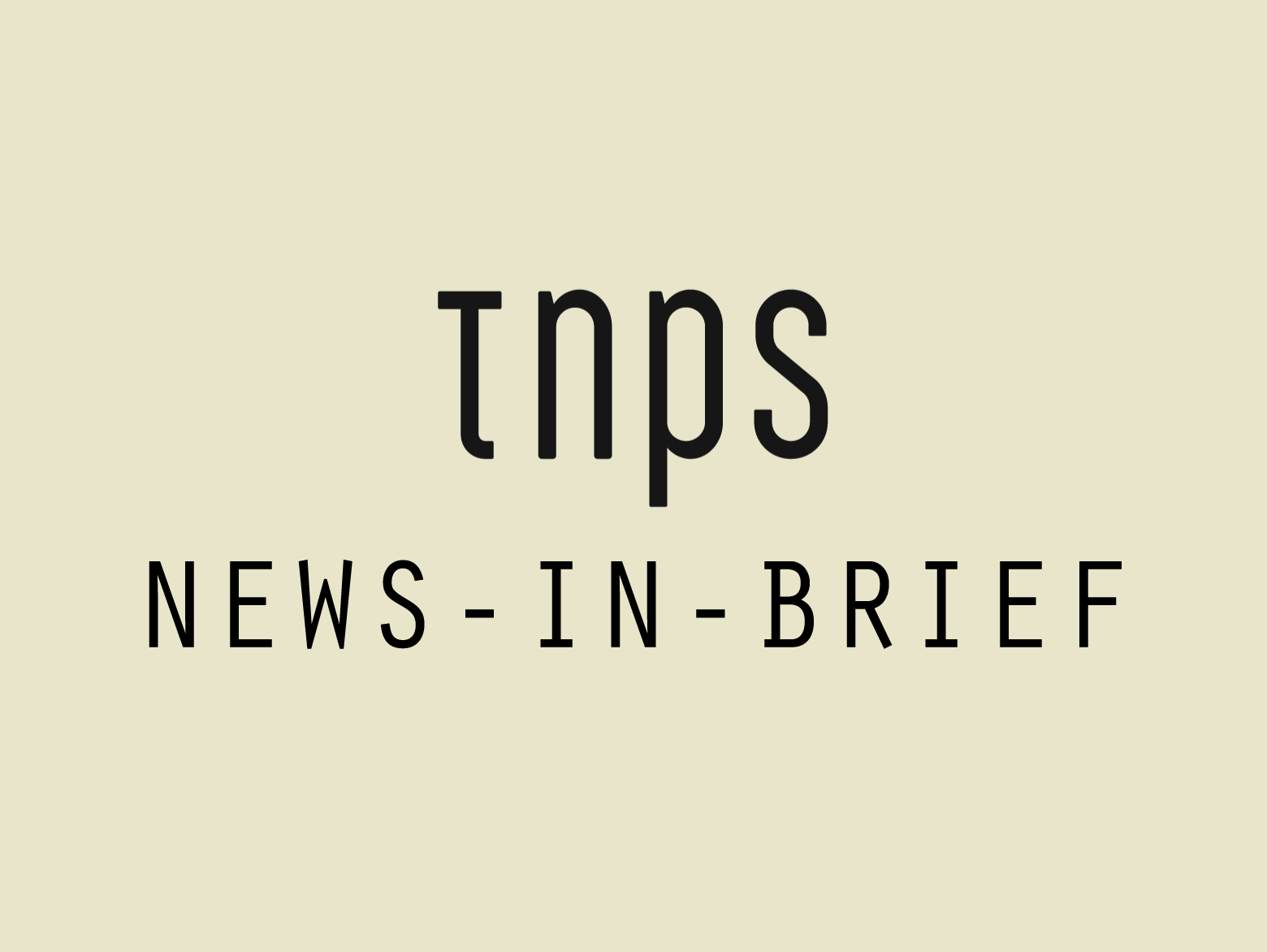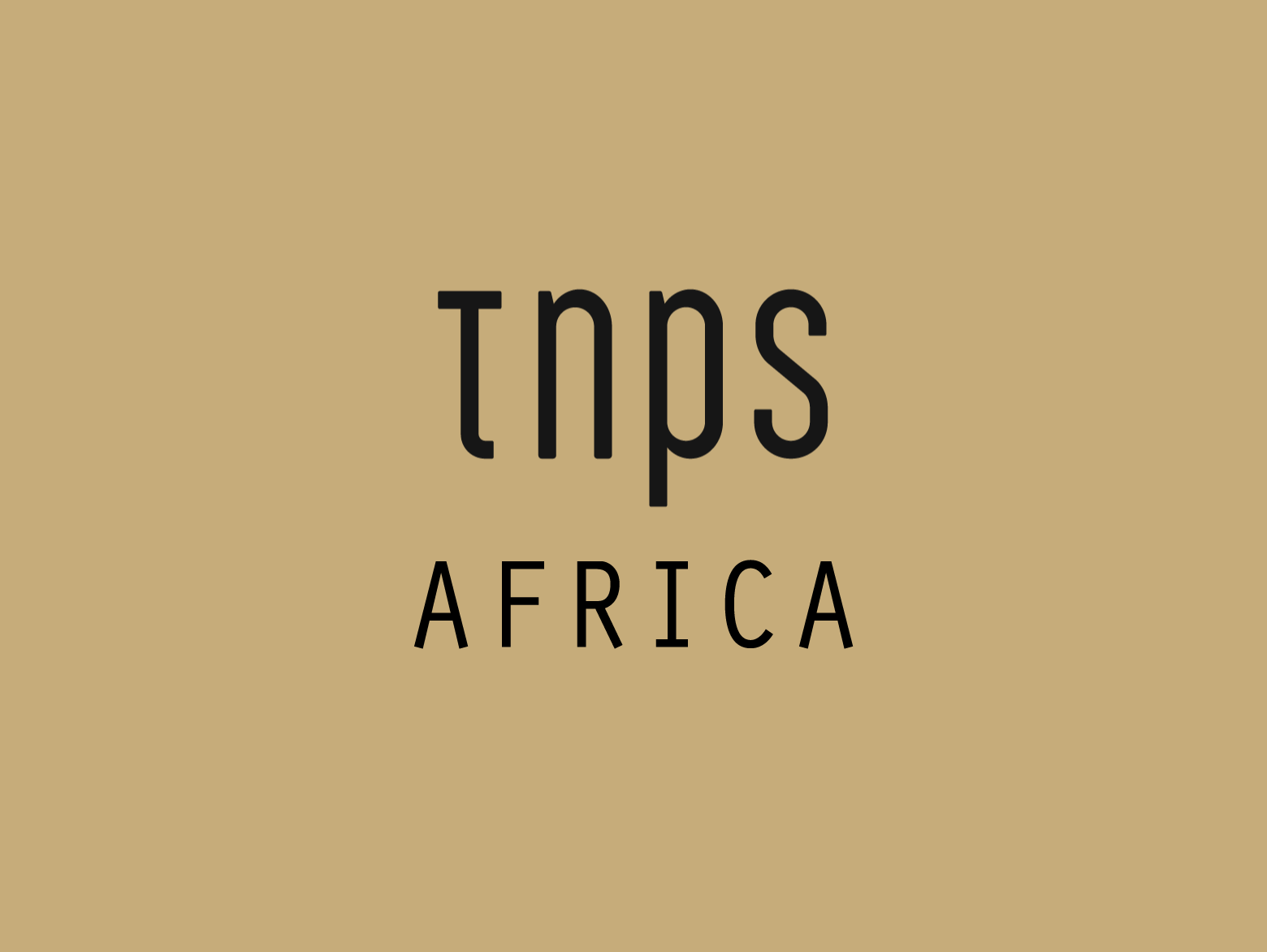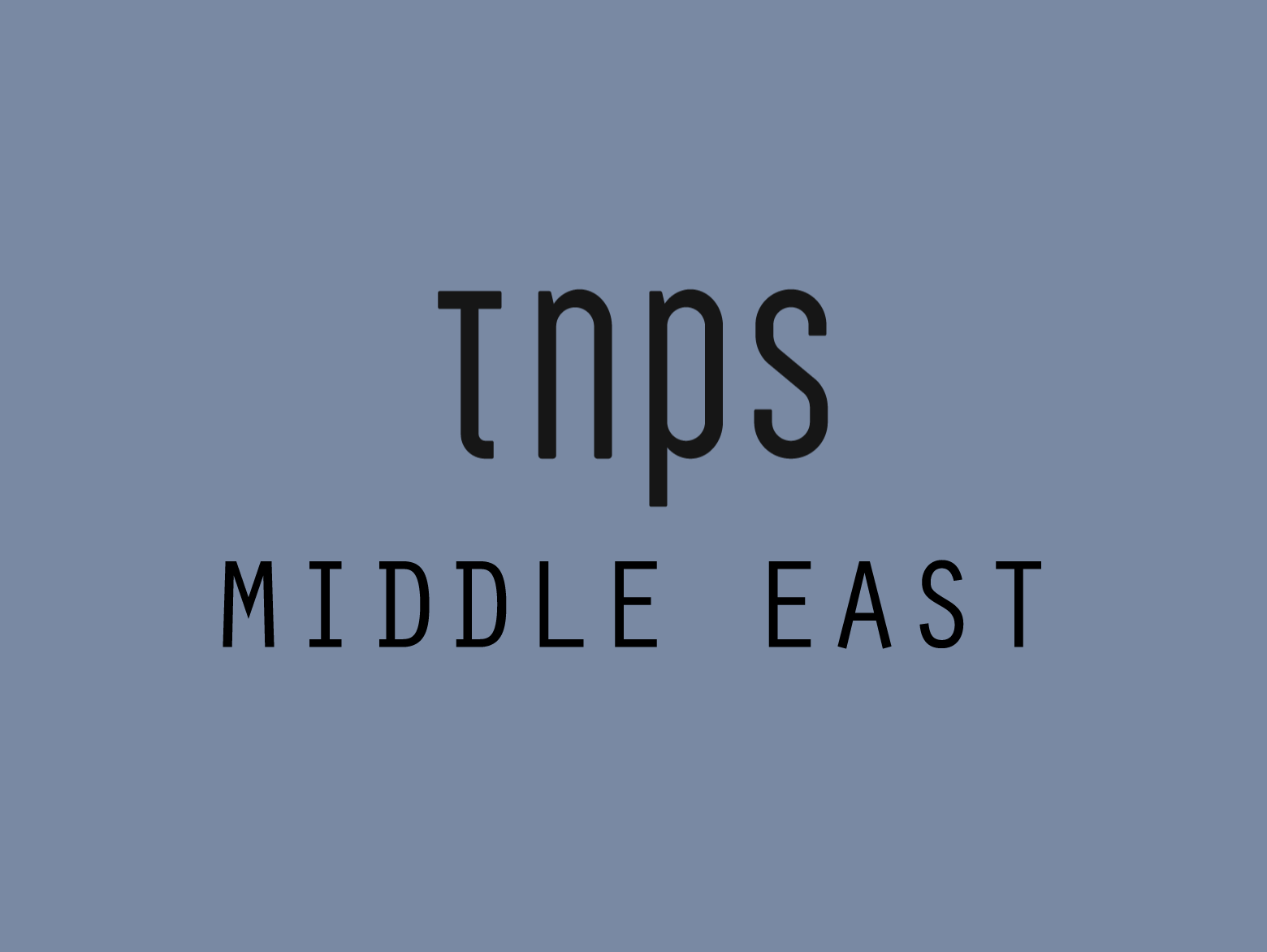Are publishers guilty of limiting their authors’ reach?
With the rise of publisher-owned subscription services in the Nordics, authors in Norway are being advised to check their contracts carefully to ensure their publishers are maximising their audience reach and not playing for short-term gains by depriving rival services of content.
We’ve already seen this issue raised in the USA, where Amazon imprint authors understand from day one that their reach will be limited to Amazon. The compensations – extra visibility and in-house promotion in the Amazon store – likely more than make up for not being more widely available, so most A-Pub authors will have few concerns, and those that think they can do better going wide with future books have that option.
Storytel v. Bonnier
In Sweden Storytel is of course both a publisher and subscription service, and again Storytel authors will be aware in the contract whether Storytel intends the content to be exclusive to Storytel as a consumer-magnet, or if Storytel will make the content as widely available as possible to maximise revenue.
The issue of being available, or not, on other services really only become contentious during the Storytel-Bonnier dispute in summer 2019. The matter has since been resolved.
Some publishers have their own streaming platforms
But in Norway the problem has arisen that publishers with no previous history of owning their own subscription service, and therefore seeking to have their content as wide as possible, are lately in the position of having a stake in their own subscription service. And to make their own service more attractive they are keeping their own author’s content exclusive to their own platform.
Norway’s Klassekampen reports that while author Jørn Lier Horst has been doing very well from digital subscription services Storytel and Fabel, others aren’t so lucky.
About Horst, Klassenkampen explains,
It is thanks to the publishing company from Gyldendal to Capitana that Horst can now make money from plays at both Fabel and Storytel. In early 2018, he left Gyldendal to start publishing with Petter Stordalen.
“Capitana owns the audiobook version of the books we publish. This means that our books will be available in both Fabel and Storytel when the fixed-price period expires, and that our authors will receive income from both streaming services,” says Horst.
The remaining eight titles on Fabel’s top 10 list, all of which are published by Aschehoug and Gyldendals Lydbokforlaget, are only available from Fabel. This is despite the fact that the obligation of supply and delivery of the book agreement since December 2017 has also included flow, with the proviso that the parties agree on the financial conditions.
The duty of supply and delivery is intended to ensure that the publishers also supply books and audio books to the bookstores and stream services they do not own.
Norwegian Writers’ Association urges authors to check their contracts
But despite efforts to keep the content flowing, the reality has been rather different.
So much so that Heidi Marie Kriznik, head of the Norwegian Writers’ Association has urged its authors to check their contracts for lock-in clauses that will limit their audience reach.
Ann-Kristin Vasselen, publishing manager of Lydbokforlaget, which owns Fabel, does not see a deliberate conflict, but does acknowledge many older contracts will pre-date the subscription era, saying,
We will review the existing agreements and possibly update them in dialogue with the author when there is an agreement to offer Lydbokforlaget’s titles in other streaming services.
How this story will resolve itself remains to be seen.
But the bigger picture is of a publishing world where streaming services are proliferating rapidly, and where publishers are increasingly intrigued by the idea of owning their own platform.
Not, perhaps, a realistic proposal in a market already dominated by a major retailer, so this is unlikely to catch on in a big way in the US, but in a country like Norway where Amazon has yet to venture, and is unlikely to any time soon, the picture is very different.
Which brings us to Fabel, mentioned above as a rival subscription service to Storytel, and one that already has its users spending 2 million minutes per day consuming Fabel content.
Fabel put in an appearance at the Frankfurt Book Fair last year, where Norway was guest of honour, where it emerged as the consumer-facing element of Beat Technologies.
What makes it stand out from other digital books startups is that Fabel is owned by two Oslo-based publishers, Gyldendall Norsk Forlag and H. Aschehoug & Co.
Behind Beat Technologies is serial digital entrepreneur Nathan Hull, who explained to Publishing Perspectives at Frankfurt that Fabel was audiobook and ebook subscription platform with a la carte download options.
But what’s significant here is that Fabel was created to spec by Beat Technologies to meet the needs of the two publishers Gyldendal and Aschehoug.
Hull explained,
Publishers want to have that dialogue with the consumer because at the moment, they don’t. Someone else sells that book for them.
Gyldendal and Aschehoug came together at a time when lots of other retailers, other platforms, were looking at the Norwegian market and the success of the Nordic markets in audio. And these publishers decided to do something different.
Remarkably, Beat Technologies says the project,
Can be replicated from handshake to the market in only three months.
Commencing with just 1,000 titles, Fabel has gone from strength to strength. In October it was believed to have at least 50,000 subscribers.
Publisher-owned streaming platforms have their own hurdles to mount
But Hull makes the point that this model is not without its challenges. In Norway we have two well-established publishers with big-name content, that are able to make an impact at least in part because there is so little competition.
In which case it makes sense, from the publishers’ perspective, to keep key content exclusive, not also out on rival platforms.
Which brings us back to the issue of authors losing out on audience reach.
Hull told Publishing Perspectives at Frankfurt that he expected to have two further platforms in new markets live by end Q1 2020.
No word as yet as to which publishers in what countries, but a safe bet that when these new platforms go live there will be further debate about exclusivity contracts and the rights of authors to reach as wide as possible an audience.





